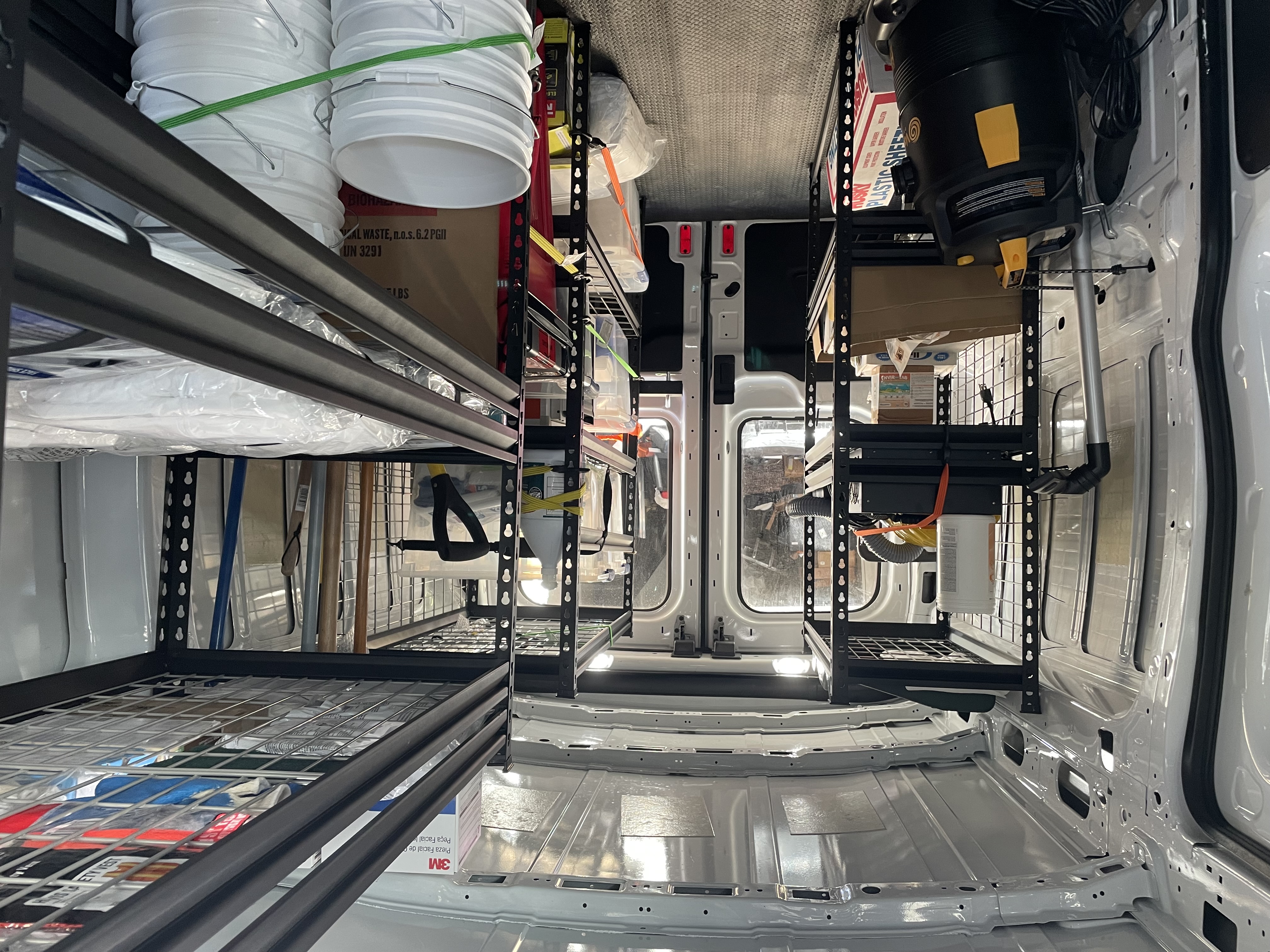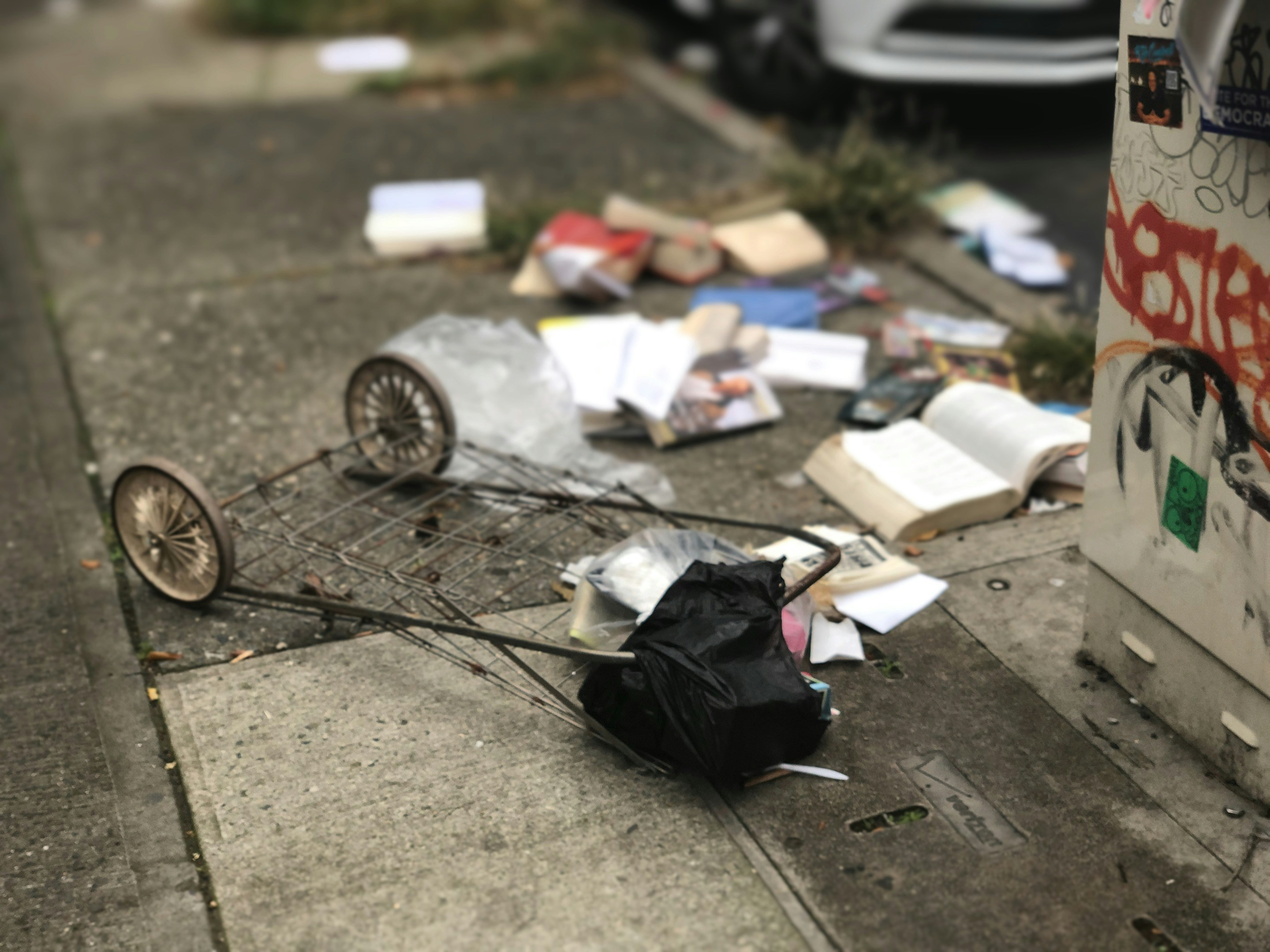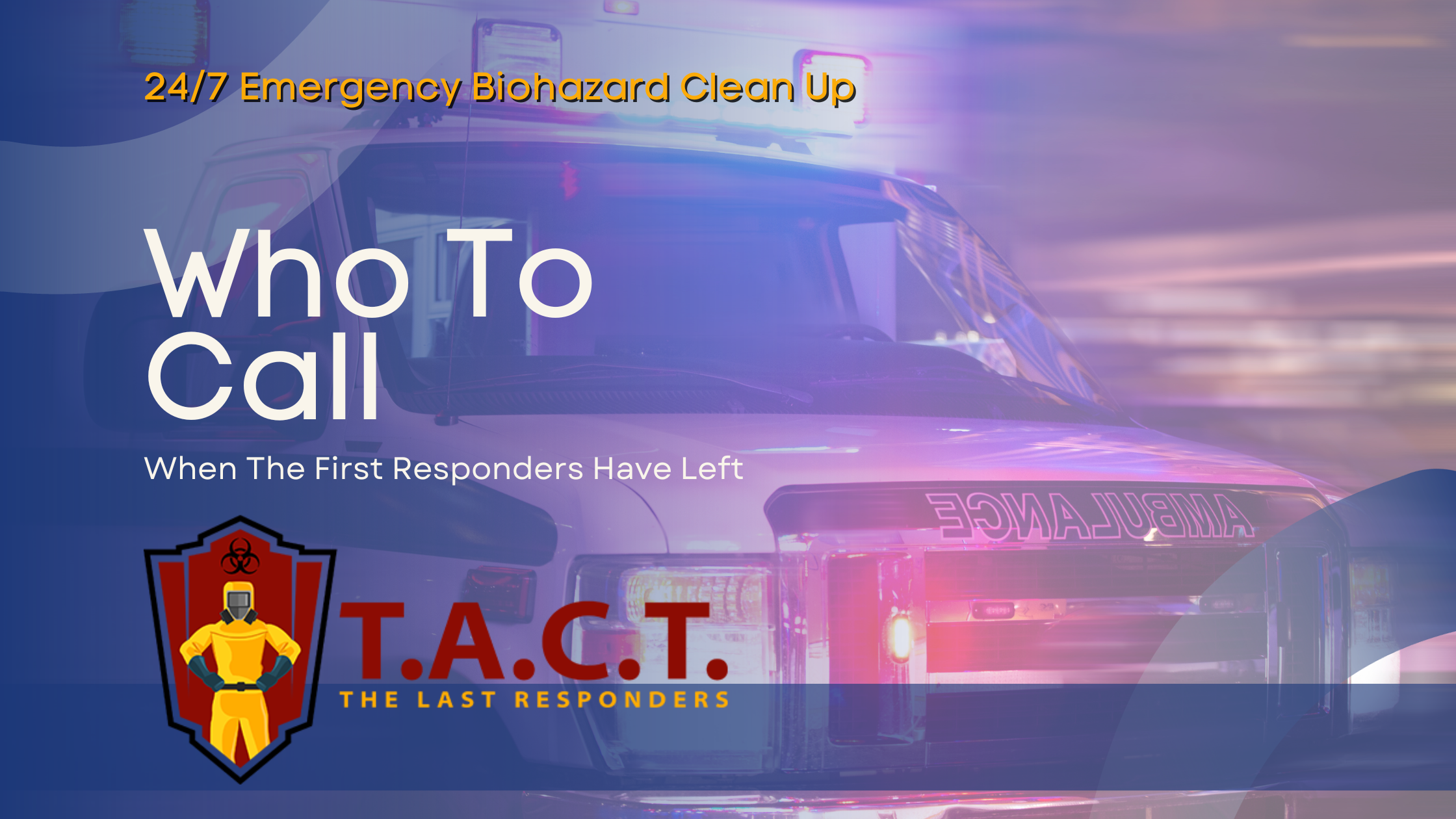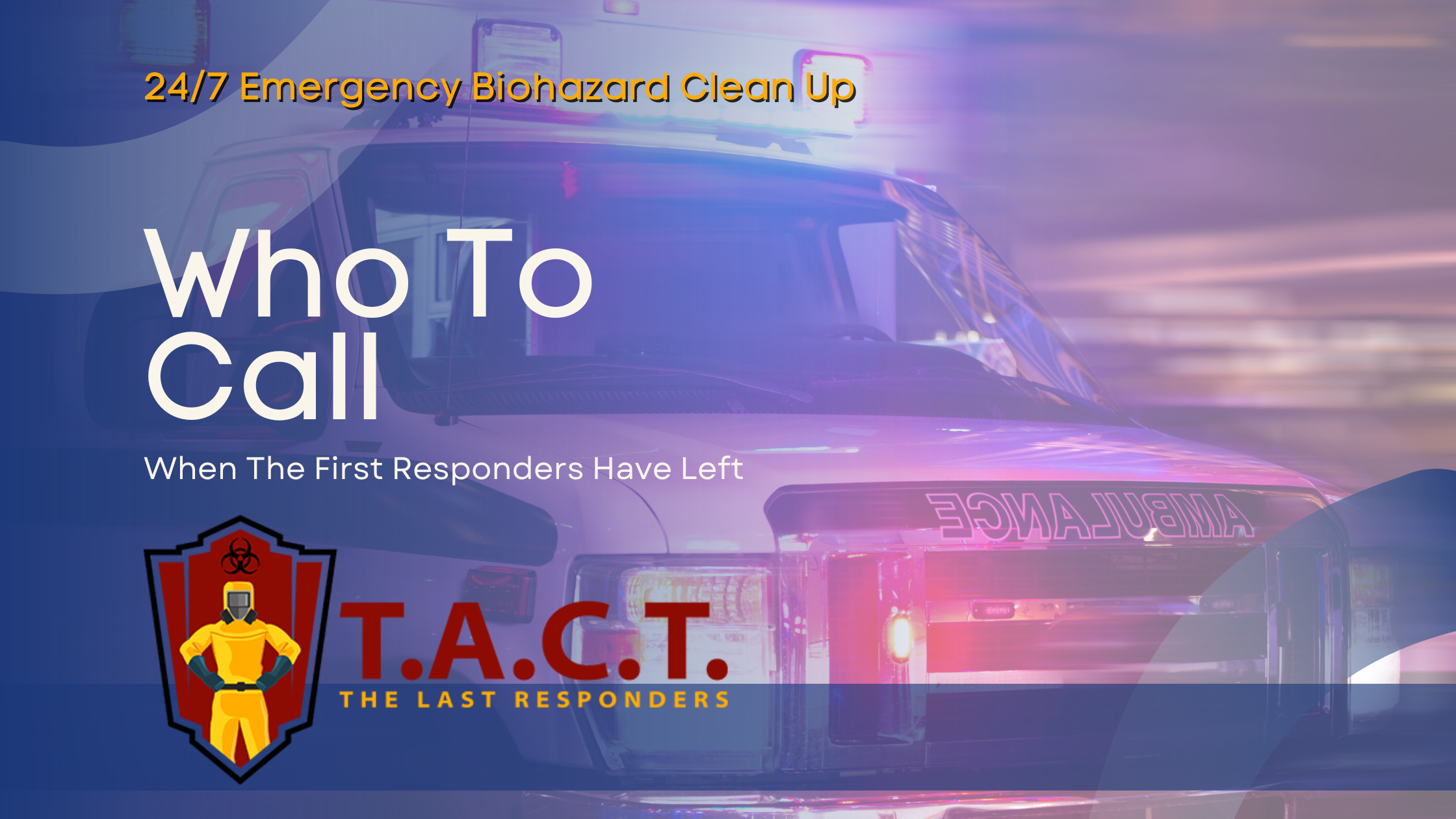Crime scene cleaner

Crime Scene Cleaner

What Do Crime Scene Cleaners Use to Clean?
Crime scene cleaners confront a job that is as challenging as it is critical. We are tasked with eradicating biological contaminants that pose a health hazard, as well as removing reminders of tragic events. To accomplish this safely and thoroughly, professional crime scene cleaners are equipped with specialized gear such as personal protective equipment (PPE), which includes suits, gloves, and masks. We also use powerful cleaning agents designed to disinfect and deodorize while adhering to strict regulations regarding biohazard disposal. Each cleaner is trained in the meticulous protocols necessary to restore a site to safety, ensuring that any space can be returned to its pre-incident condition.
The Step-by-Step Process of Crime Scene Decontamination
The role of a crime scene cleaner encompasses a range of responsibilities that go beyond traditional cleaning. As professionals we are responsible for the meticulous decontamination of crime and trauma scenes, ensuring that we eliminate all traces of biochemical materials such as blood, bodily fluids, tissue remnants, blood borne pathogens and other health hazards. A crime scene cleanup tech’s job involves assessing the scene, formulating a comprehensive cleaning plan, and executing it with precision. It is a role that requires a strong stomach, attention to detail, empathy, and a commitment to health and safety standards. Additionally, crime scene cleaners must possess the ability to work with various tools and chemicals, have a knowledge of legal regulations pertaining to biohazardous waste disposal, and often be on call to respond to incidents promptly.
Crime Scene Cleaner Job Description
Crime scene cleaners play a pivotal role in the handling blood of incidents, providing thorough cleaning services that adhere to both health and safety protocols. Our job description entails a spectrum of duties including the assessment of the scene, removal of hazardous materials, deep cleaning, and sanitation of affected areas. This challenging position requires individuals to be well-versed in the handling and disposal of biohazardous materials, equipped with an understanding of OSHA regulations, and capable of operating specialized equipment. Emotional resilience and the ability to work methodically under potentially distressing circumstances are also crucial traits for those in this field. Crime scene cleaners must be detail-oriented, with an unwavering commitment to restoring environments to a state of normalcy for the wellbeing and comfort of those affected.
Who Cleans Up After A Violent Crime
Crime scene cleanup is not a task for the untrained; it requires a professional team that specializes in biohazard remediation. These crime scene cleaners, also known as biohazard remediation technicians, are usually employed by private companies that are called upon by law enforcement, property owners, or family members when a violent crime has occurred. Our expertise is not only in cleaning but also in understanding the psychological implications of the task, providing a layer of emotional detachment and sensitivity during the process.
Personal Protective Equipment
On crime scenes one must prioritize their own safety while controlling the hazards present during a crime scene cleaning. This necessity leads to the extensive use of personal protection equipment (PPE), which includes non porous gloves, protective suit, full-face respirators to shield against airborne pathogens. Footwear is also a significant aspect, with chemical spill boots required to prevent puncture wounds and slips. PPE is the first line of defense against biohazards and other bodily fluids ensuring that cleaners can perform their duties without compromising their health.
Equipment Used by Crime Scene Cleaners
As mentioned, PPE is a crucial component of a crime scene cleaner's gear. We are also equipped with specialized tools such as industrial-strength disinfectants, sprayers, and fogger machine and ozone machines to thoroughly clean and sanitize the affected area. These cleaners may also use biohazard bags, biohazard disposal containers, solid plastic containers, heavy duty hazmat bags and transport boxes to properly dispose of contaminated materials. In some cases, they may also use miscellaneous supplies such as cleaning brushes, cleaning cloths, industrial strength deodorizers, long reach cleaning brushes, razor blades, box cutters, traditional mops and etc. All of these tools and equipment are essential in ensuring a thorough and safe cleanup process.
Cleaning Agents Used by Crime Scene Cleaners
The cleaning agents used by cleaners are specifically designed for biohazard remediation. These solutions have powerful disinfectant properties that can eliminate bacteria, viruses, and other potentially dangerous substances. They are also effective in removing dried blood, blood, and bodily fluids from surfaces while breaking down any unpleasant odors. These agents must meet strict regulations set by the Occupational Safety and Health Administration (OSHA) to ensure the health and safety of both the cleaners and those who will occupy the space after cleanup.
Additional Training for Crime Scene Cleaners
In addition to specialized equipment and cleaning agents, crime scene cleaners also undergo proper training to handle challenging situations and remain compliant with regulations. This includes receiving certifications in bloodborne pathogens, hazardous materials handling, medical waste handling and personal protective equipment usage. We are also trained in proper documentation and reporting of our work, as well as understanding the legal protocols surrounding biohazard disposal.
Conclusion
Although the job of a crime scene cleaner may seem daunting, our specialized training, equipment, and cleaning agents make it possible to restore a space to safety after a violent crime. These professionals play an essential role in providing closure for families and protecting the health of those who will occupy the space afterward. Our commitment to thoroughness and strict adherence to regulations ensures that we are able to handle any situation with professionalism and sensitivity. So, it can be concluded that crime scene cleaners use a combination of specialized equipment and cleaning agents, along with additional training, to effectively clean up after a violent crime. Our dedication to the job allows for the safe restoration of spaces affected by tragedy, providing closure and peace for those involved. With our efforts, we contribute to making our communities safer and healthier. Overall, the job of a crime scene cleaner is crucial in ensuring that the clean up of a violent crime is handled with care, compassion, and professionalism. So, let us appreciate and respect the valuable work done by these unsung heroes who are essential for maintaining public health and safety. Our services may go unnoticed but the impact is immeasurable. Thank you for reading this article and gaining a deeper understanding of the important role crime scene cleaners play in our society. Together, let us continue to support and recognize the contributions. The work may be difficult, but we are making a significant difference. Let us not forget to show gratitude and appreciation whenever possible to all the heroes in our communities. And for those considering a career in crime scene cleanup and crime scene cleaning remember that it is not just a job, but a crucial service that makes a real impact in people's lives. With the right training and mindset, you too can become an essential part of this noble profession.
Latest news

Delve into the essential stages of trauma scene cleanup in Atlanta, GA, providing insights into professional practices that ensure thorough restoration.
Read More
Learn why professional biohazard cleanup in Atlanta is crucial for safety. Discover the risks of DIY cleanup and the benefits of hiring certified experts.
Read More
